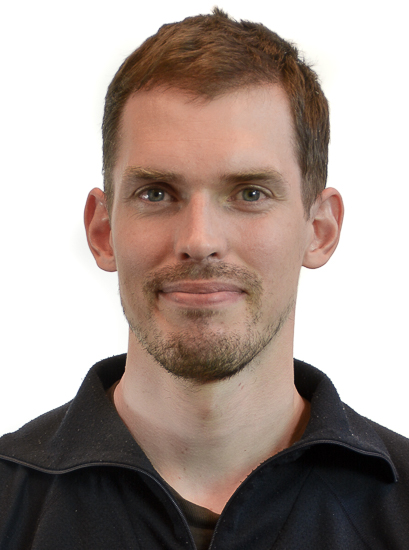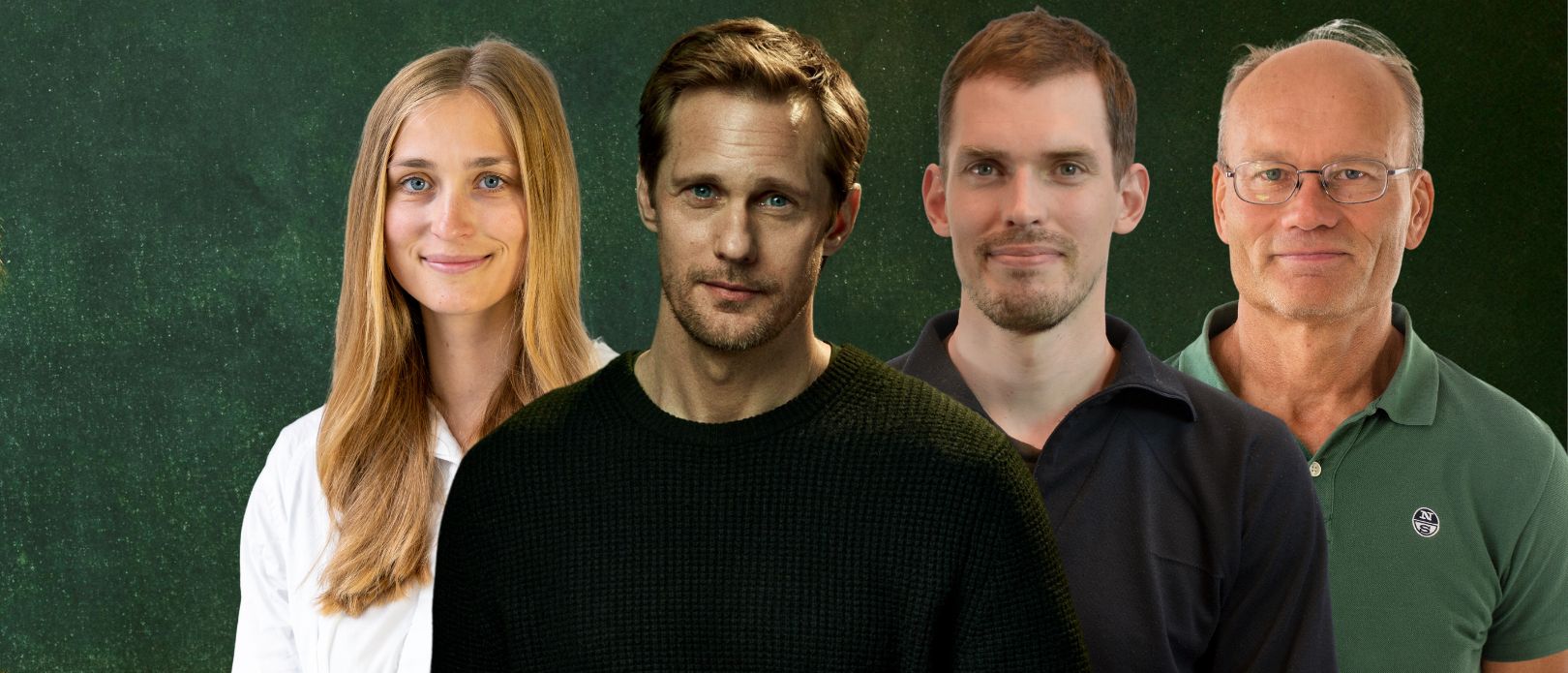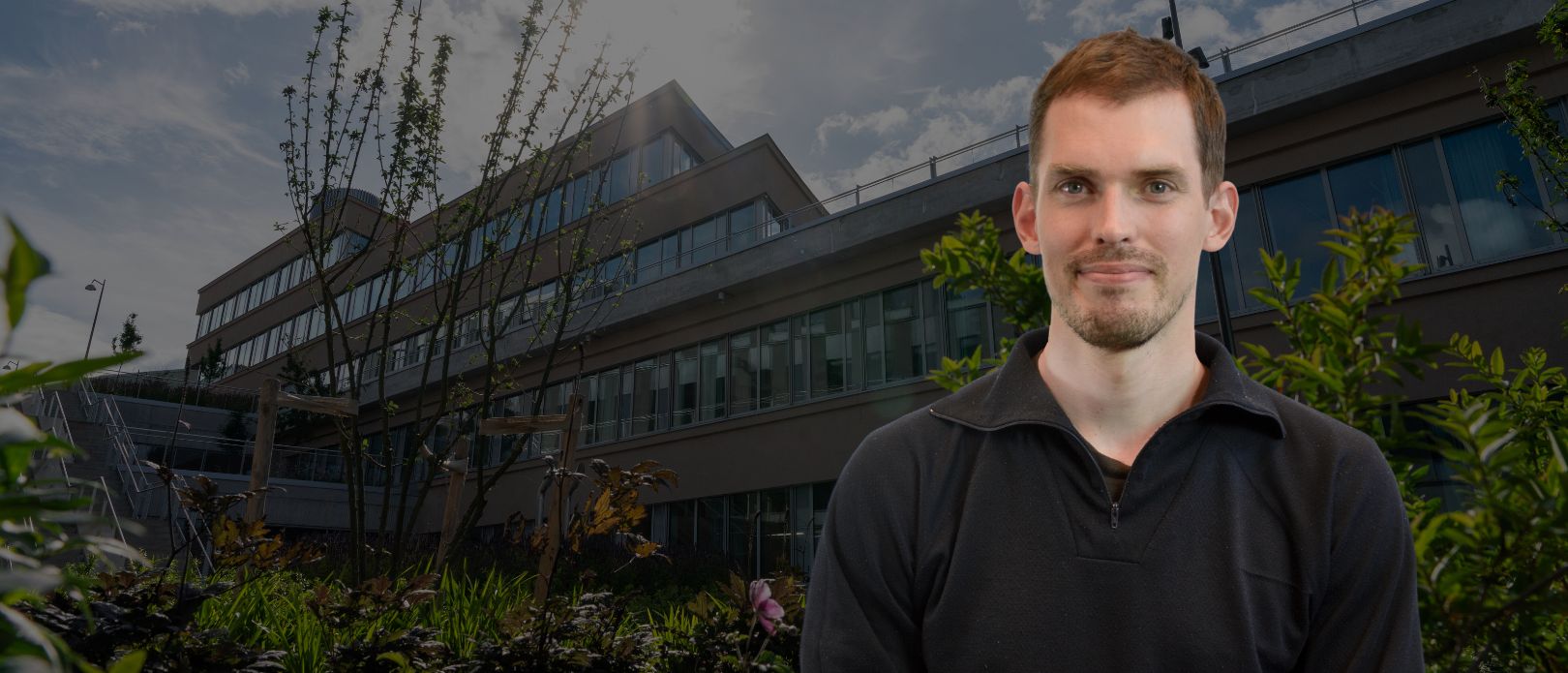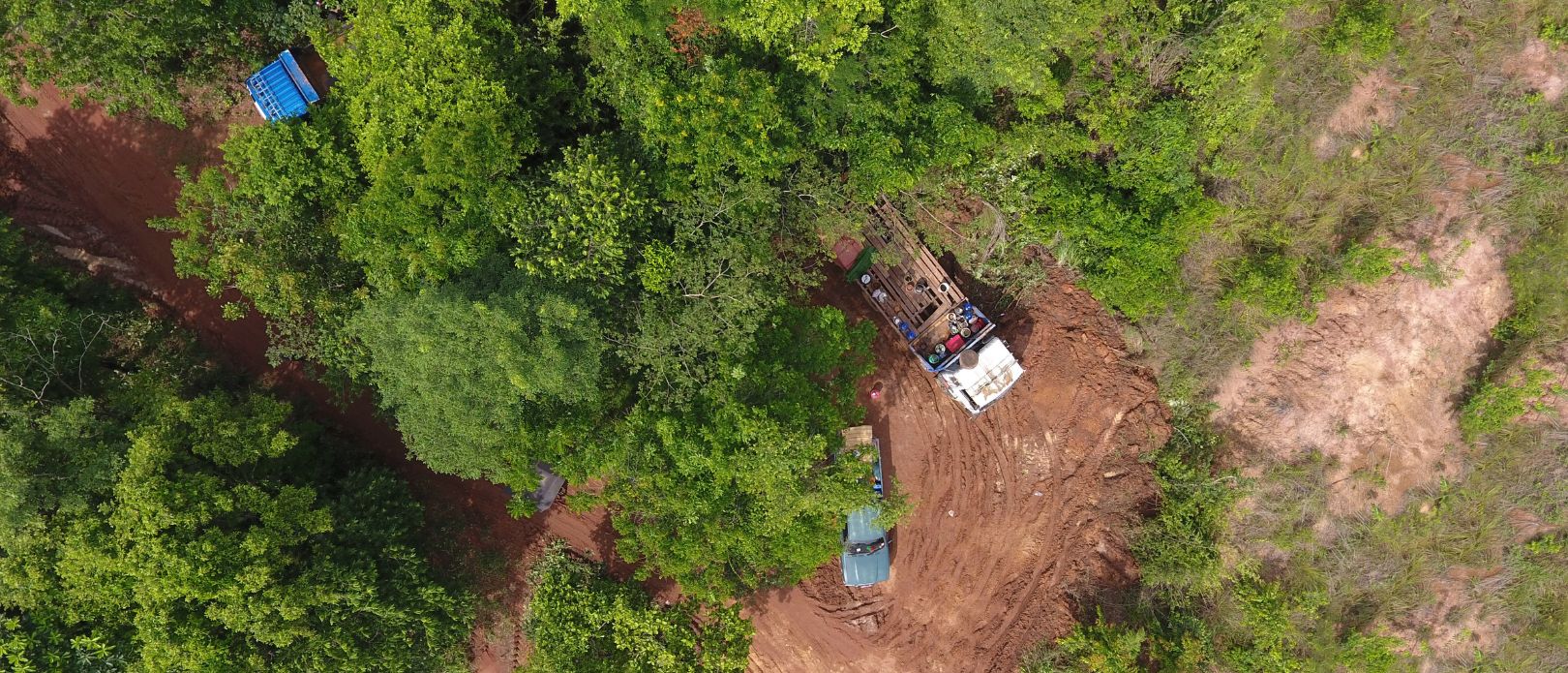- Antibiotic resistance
- Sustainable development metrics
- Evolutionary biology
- Macroecology
- Synthesis research
- Time series analysis
Peter Søgaard Jørgensen’s research focuses on measuring sustainable development in the Anthropocene and developing new approaches to deal with antibiotic resistance
Søgaard Jørgensen is a macroecologist and evolutionary biologist by training, and since his PhD he has worked to integrate these fields with social-ecological research methods and insights.
At Stockholm Resilience Centre he helps lead the Patterns of the Anthropocene research stream. In addition, Peter is deputy director of the Global Economic Dynamics and the Biosphere programme at the Royal Swedish Academy of Sciences where leads the research theme on global health and biosphere stewardship.
A recent focus of his work has been how society can live with antibiotic and pesticide resistance in the context of global sustainable development. This work has taken place through leadership of a SESYNC synthesis project (Living with resistance) and coordination of a JPIAMR funded project (AMResilience). As part of this research he has introduced the concept of coevolutionary governance; led work on identifying so-called planetary boundaries for antibiotic and pesticide resistance; called for considering antibiotic and pesticide susceptibility as regulating ecosystem services; and explored what a societal transformation to a pro-microbial planet might look like, where humans enhance the than many ecosystem services microorganisms provide.
The insights from this work are now being applied at a broader scale to better understand general evolutionary dynamics of social-ecological systems and how multi-level governance can capitalize on rapid evolution of norms, technology and the biosphere to advance transformations to sustainability. Particular lenses of this research are transformations in global health, the global food system and other production systems, and global economic dynamics.
Another strand of Søgaard Jørgensen's research revolves around conceptualizing and quantifying the biosphere-based operating space in the Anthropocene. This work includes studying the temporal dynamics of consumption-based footprints and decoupling analysis in relation to the planetary boundaries, as well as a reconceptuatlization of the biosphere integrity component of the planetary boundaries to better reflect the impact of biodiversity on human well-being. This work is currently funded by the FORMAS project, Global Compass.
Søgaard Jørgensen has a keen interest in building international networks of researchers and practitioners, notably among early career professionals. Søgaard Jørgensen is a co-founder and current chair of the International Network of Next-Generation Ecologists (INNGE) and represents INNGE in a new platform for early career researchers, The Early Career Researchers Network of Networks (ECR NoN). To read more about these interests and Peter’s research, please visit www.psj.io.






